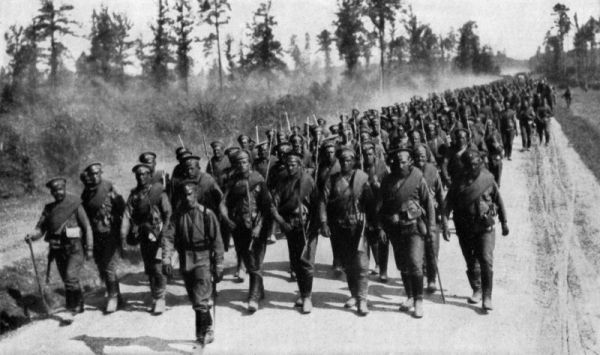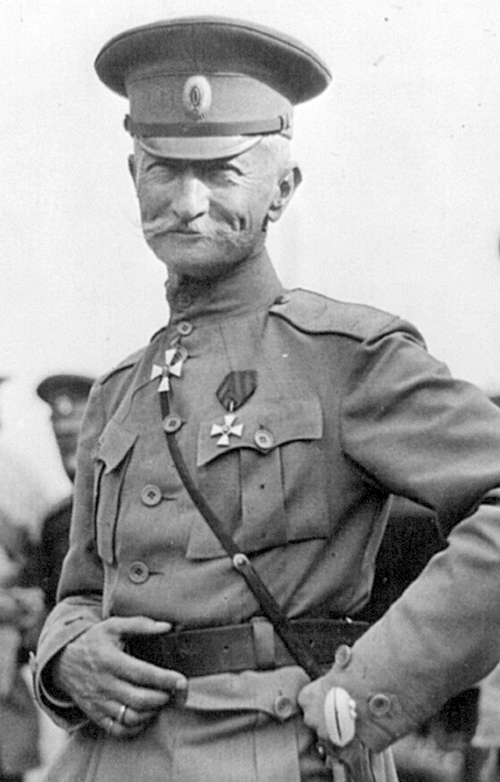I send my well-wishes to the United States as they celebrate their acquiring of independence over a hundred years to this day.
Alfonso XIII
King of Spain
Alfonso XIII
King of Spain
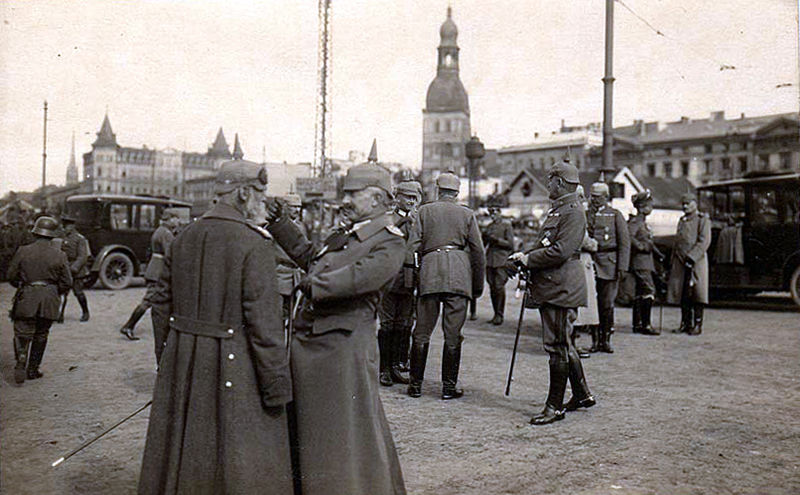



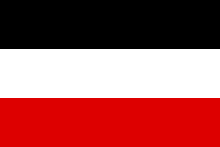
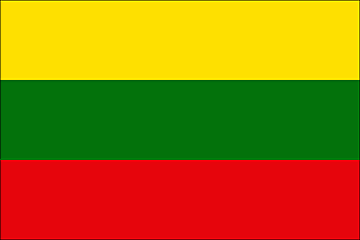

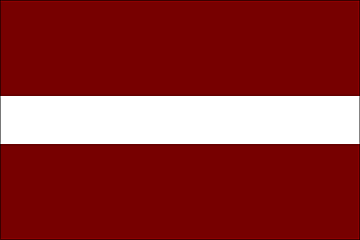
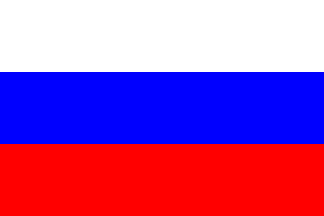
The UK would still like an official word back from the German government about the situation with neutral shipping in the Black Sea.
So there you go.* Topic for #coldfront is: Welcome to ColdFront IRC! | Join #irchelp for help with IRC! | Welcome the newest member of the family, burizado.coldfront.net! It's in Japan for you Oceania users!
* Topic for #coldfront set by Mystic|Work at Thu Jul 05 21:24:43 2012
-ChanServ- (#coldfront) Welcome!
<Shynka-Canada> Helllo
<Shynka-Canada> * DoomBunny has quit (User has been banned from Coldfront (Autokilled: Exceeding session limits (too many connections from one host)))
<Shynka-Canada> How long does such a ban last?
<Lane> 24 hours
OOC: Thanks awfully old chap.

